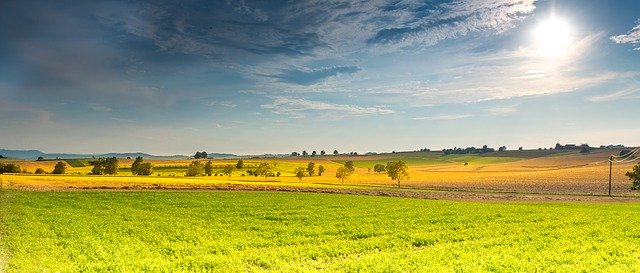First, it must be said that these were primarily fields and territories confiscated from peasants and farmers as part of the nationalization process, which were transferred to the MoJ. As part of the restitution, they were to be returned to their original owners, or rather their descendants. The purpose was to put an end to large-scale monoculture agriculture, in which only one crop was grown in vast fields.

The idea was to divide the existing vast fields into smaller fields to be cultivated by the original owners. However, it turned out to be not so easy, and problems arose that have yet to be solved, the consequences of which are still being faced.
One of these is that virtually all agricultural production was organized under JZD, leaving the original farms unused and in disrepair. As a result, most of the original restorers received essentially ramshackle buildings that would have required a huge investment to make them usable for their original use. Unfortunately, there was no government funding for such renovations. Therefore, it was not worth investing the money (which they often did not have), even though the owners themselves had jobs in the city and owned apartments and homes.

But the 40-year gap was a much bigger problem. After all, the returnees had no connection to the land and often did not even see it. They had jobs, housing, and no farming experience. So they have little reason to care about the fields. On the other hand, it would be a shame to leave the fields fallow. Fortunately, there is the possibility of renting it out to existing farmers. And here lies the obstacle.
Most of the original agricultural cooperatives have essentially remained the same, just changing their names. They also used to cultivate the land as if it were their own, but now they simply rent the land from the owners. In short, nothing has changed in farming. There is no need to divide up the fields; everything is cultivated by one company, renting from various owners. Thus, everything is functioning as before, and the farming company and the landowners are well satisfied.
So the restitution was handled well? The answer is no. They relied too much on people willingly returning to farming. What people wanted more than anything else was an easy life, and most of them had only known life in the city, forgetting that farmland and houses were unnecessary burdens. This is also why the Czech landscape is in such a state. And unfortunately, the situation is not likely to improve anytime soon.
.